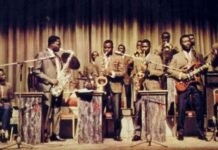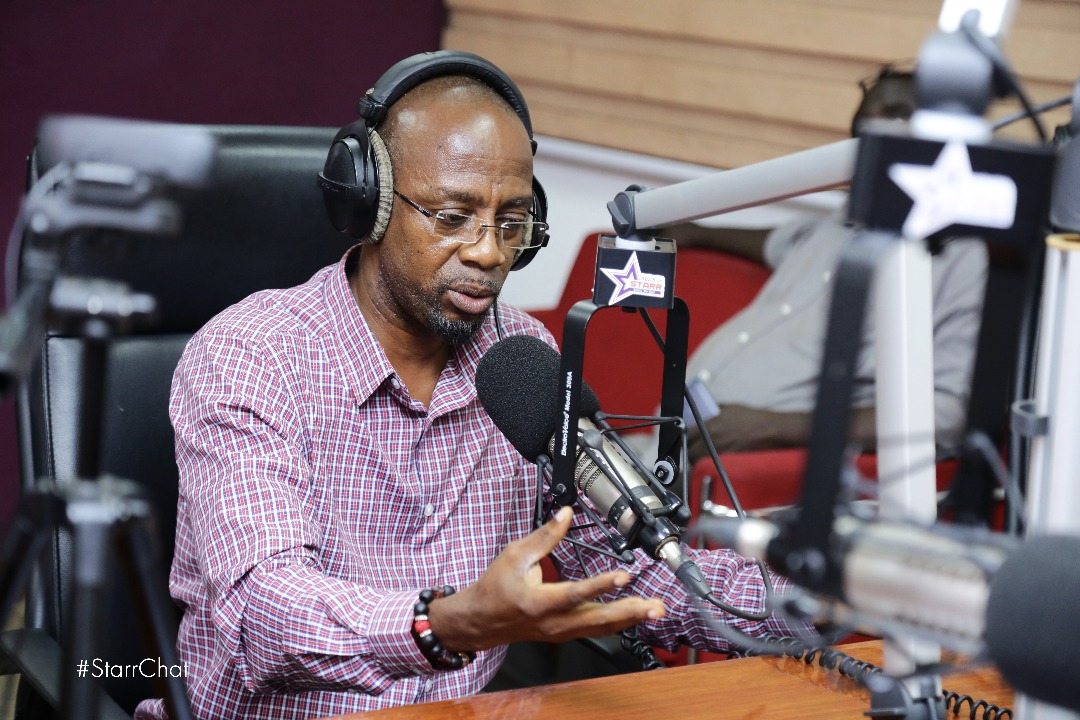
As Ghana celebrates the legacy of its founding father, Kwame Nkrumah, it’s impossible to overlook his significant influence on one of the country’s most cherished cultural exports—highlife music. Nkrumah’s connection to highlife goes beyond mere appreciation. He understood the profound power of music as a tool for unity, cultural expression, and social mobilization. Under his leadership, highlife became more than just a musical genre; it became the soundtrack of Ghana’s independence movement and a symbol of African pride.
Dr Kwame Nkrumah actively supported and promoted it as part of Ghana’s cultural identity. He believed that art, including music, should reflect the aspirations of the people and serve as a tool for education and social change. Nkrumah’s administration encouraged the growth of highlife by providing platforms for local musicians to perform, often inviting them to play at state functions, national celebrations, and international events.
The government-sponsored performances ensured that highlife became ingrained in the public consciousness, especially during the euphoric days leading up to and following Ghana’s independence in 1957. Highlife bands performed at rallies, parades, and official state functions, providing the soundtrack to Nkrumah’s message of self-determination and African unity.
Perhaps no musician exemplified the bond between Nkrumah and highlife more than E.T. Mensah, often dubbed the “King of Highlife.” Mensah and his band, The Tempos, were key players in popularizing the highlife sound, and their music became synonymous with the independence movement.
Nkrumah was an admirer of Mensah’s work and often invited him to perform at key events, including Ghana’s independence celebrations. Mensah’s highlife songs like “Ghana Freedom” became anthems of the time, reflecting the collective hopes and dreams of a new nation. The lyrics echoed Nkrumah’s call for freedom, unity, and the uplifting of African culture. In turn, Nkrumah’s public embrace of Mensah and his music further elevated highlife’s status as the voice of a generation.
Nkrumah’s vision extended beyond Ghana. As a staunch advocate for Pan-Africanism, he believed in the unification of African nations through shared cultural and political experiences. Highlife music played a critical role in this cultural exchange. As Ghana became a hub for African liberation movements, highlife musicians like E.T. Mensah, King Bruce, and others toured the continent, performing in countries like Nigeria, Liberia, and Sierra Leone.
These performances helped spread the highlife sound across West Africa, where it took on different forms and variations, influencing local musical traditions. Nkrumah’s vision of African unity was supported by the exchange of musical ideas, and highlife became a key cultural connector between the newly independent nations of Africa.
Nkrumah was not only focused on the political liberation of Africa but also on the preservation and celebration of African culture. To ensure that Ghana’s cultural heritage was preserved for future generations, Nkrumah established institutions such as the Arts Council of Ghana (now the National Commission on Culture) and the Ghana Dance Ensemble. These institutions helped formalize the arts, providing support for musicians, dancers, and artists, including those in the highlife genre.
The government also promoted local highlife bands, providing them with performance opportunities both locally and internationally. This support ensured that highlife would not only thrive within Ghana but also gain recognition on the global stage, contributing to the rich cultural identity that Ghana continues to celebrate today.
Although Kwame Nkrumah’s presidency was cut short in 1966 by a military coup, his influence on Ghana’s cultural and entertainment industries has endured. Highlife, which once served as a rallying cry for independence, continued to evolve, inspiring future generations of Ghanaian musicians.
The genre laid the groundwork for modern Ghanaian music, including hiplife, Afrobeats, and contemporary highlife, which continue to resonate both within Ghana and internationally. Artists like Amakye Dede, Daddy Lumba, and Kojo Antwi have kept the highlife tradition alive, incorporating new elements while paying homage to its roots.
Here are ten significant contributions he made to the development of highlife music in Ghana.
1. Nationalization of Highlife Music
Nkrumah declared highlife as Ghana’s national dance music shortly after independence in 1957. This pronouncement not only recognized the genre’s popularity but also positioned it as a symbol of national pride and unity among diverse ethnic groups.
2. Support for Local Artists
Under Nkrumah’s leadership, many highlife bands received government support and patronage. Bands like E.T. Mensah and The Tempos were encouraged to perform at political rallies and national events, allowing them to gain visibility and connect with the public while promoting patriotic sentiments.
3. Integration of Highlife into Political Rhetoric
Highlife music became intertwined with Nkrumah’s political agenda. Artists composed songs that celebrated independence and national identity, such as “Ghana, Land of Freedom.” This integration helped to foster a sense of belonging among Ghanaians during a time of significant change.
4. Promotion of Cultural Festivals
Nkrumah organized cultural festivals that showcased highlife music alongside traditional dance and arts. These events highlighted the richness of Ghanaian culture and provided platforms for local artists to perform, thus elevating highlife to national prominence.
5. Establishment of Cultural Institutions
To institutionalize his commitment to the arts, Nkrumah founded various cultural institutions aimed at promoting Ghanaian heritage. These institutions supported musicians and provided resources for the development of highlife, ensuring its growth as a vital cultural expression.
6. International Representation
Nkrumah recognized the potential of highlife music as a means of cultural diplomacy. He facilitated opportunities for Ghanaian artists to perform internationally, showcasing highlife on global stages and promoting Ghana as a leader in African culture.
7. Encouragement of Pan-Africanism
Nkrumah’s vision extended beyond Ghana’s borders; he used highlife music to promote pan-African unity. By inviting artists from other African nations to collaborate with Ghanaian musicians, he fostered a sense of solidarity among African countries through cultural exchange.
8. Development of Highlife as a Political Tool
Highlife served as an artistic vehicle for Nkrumah’s political messages. Concert parties and musicians created pro-Nkrumah songs that rallied support for his policies, effectively using music to influence public opinion during his presidency.
9. Emphasis on Indigenous Themes
Nkrumah encouraged artists to draw inspiration from indigenous themes and stories in their music, reinforcing the importance of African identity in post-colonial Ghana. This emphasis helped shape highlife into a genre that celebrated local culture while addressing contemporary issues.
10. Legacy of Cultural Identity
Nkrumah’s promotion of highlife music contributed significantly to establishing a distinct Ghanaian cultural identity. His efforts laid the groundwork for future generations of artists who continue to innovate within the genre while honouring its rich heritage.



